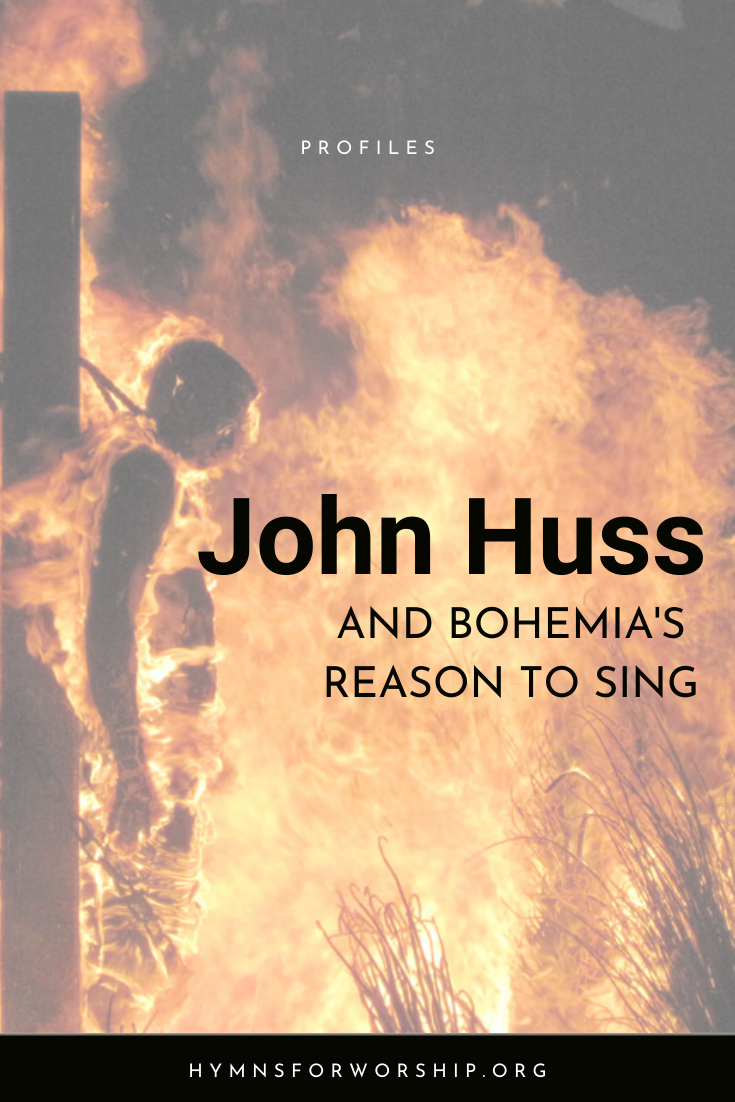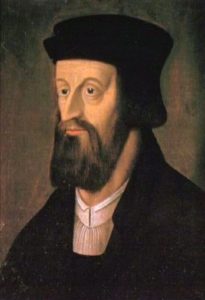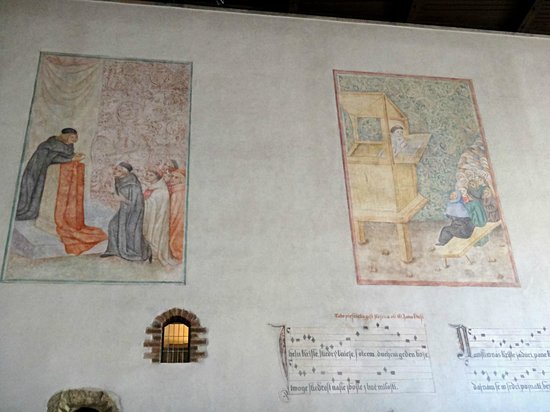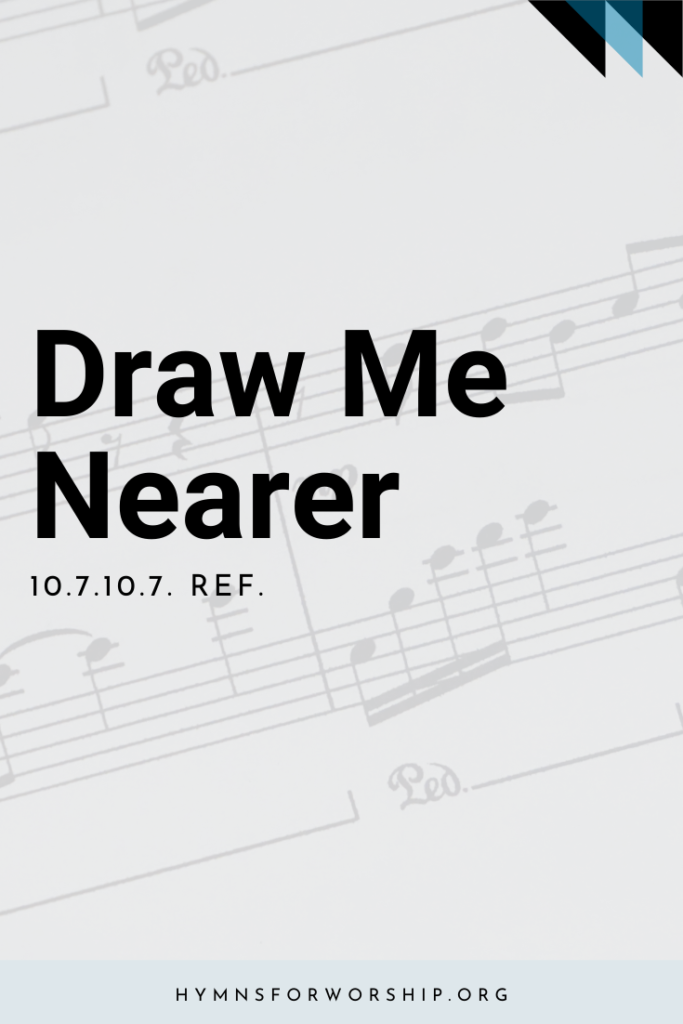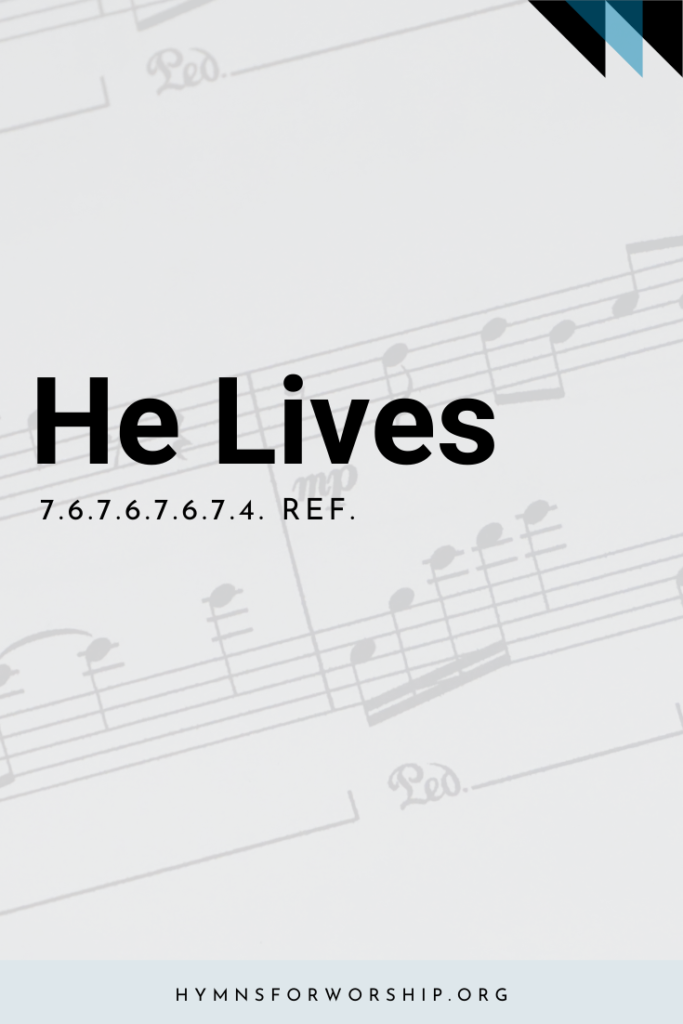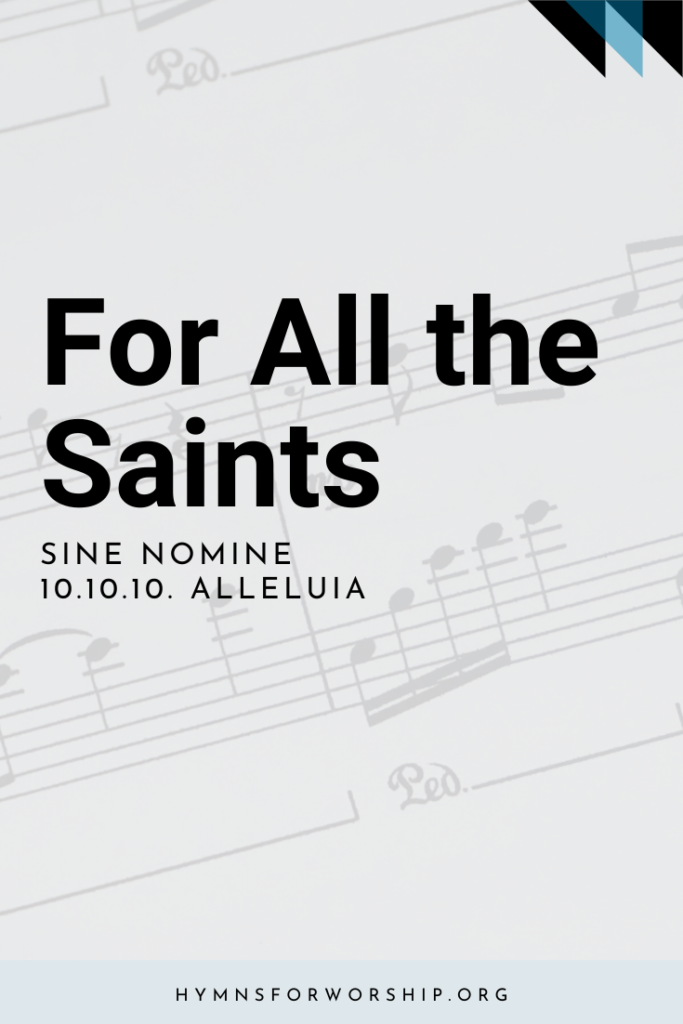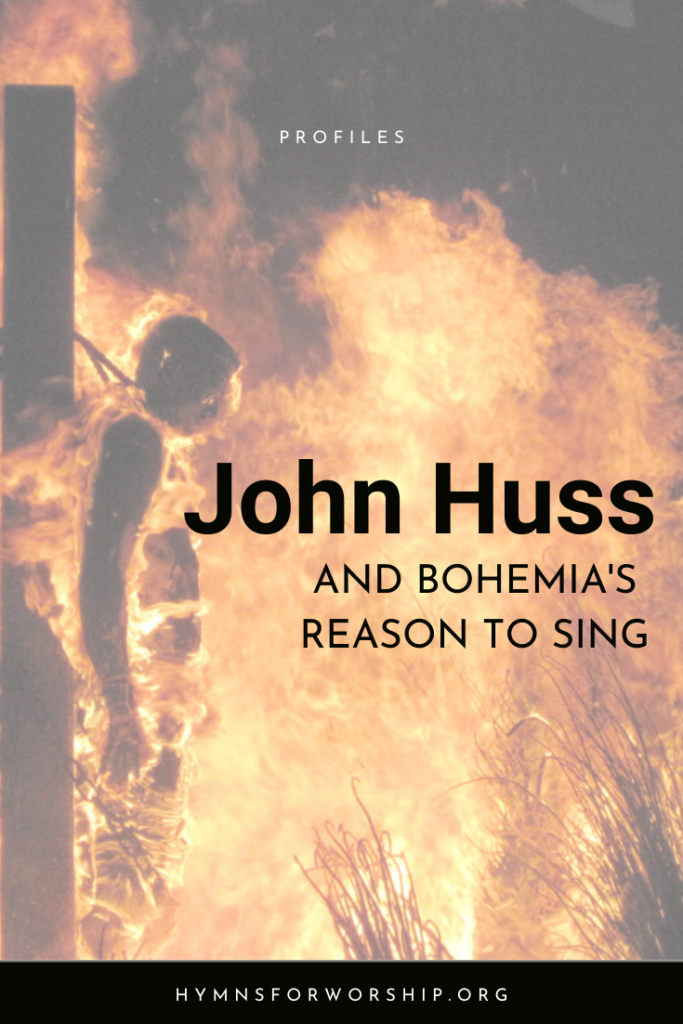
John Huss’ story ended on a high note, literally. He was burned alive for refusing to recant his theologies. Yet while the flames consumed him on the stakes, no cry of pain was sounded. Instead, a voice of singing was heard.
Many years later, Martin Luther reflected on Huss’ martyrdom and wrote, “I was overwhelmed with astonishment. I could not understand for what cause they had burnt so great a man, who explained the Scriptures with so much gravity and skill.”
Huss was a hero to the reformers that followed him. Long before Luther drew up the 95 Theses, Huss had already been preaching key Reformation themes like anti-indulgence. But more than that, his steadfast commitment despite of the church’s brutality was looked upon with respect and source of inspiration.
From poverty to popularity
Huss was born on the 6th of July 1373, in the market town of Husinec (south of today’s Czech Republic). He took his name from his place of birth, although it was a joke among friends to call him the goose, having also adapted the town name’s English translation which was “Goosetown.” Martin Luther would often say that Huss was the goose who had been cooked for defying the pope.
His parents were poor, but respectable. His father died when he was young. But his mother labored that he would get an appropriate education. She believed that this was not only his way out of poverty, but more importantly, a means to instill in his mind the fear of God.
In the university, he was soon known among his peers, colleagues and professors as someone who was knowledgeably brilliant and swift, yet humble and gentle in deportment. He went on to earn a bachelors, masters, and a doctorate degree in Theology. Eventually becoming a preacher for Prague’s Bethlehem Chapel.
The chapel itself was a center of reformation. For starters, sermons were delivered in the language of the people. Huss untiringly preached, knowing that there was great ignorance of the Bible among the laity. Influenced by the writings of John Wycliffe, his interest in the Scriptures grew. He wrote, “I humbly accord faith, i.e. trust, to the holy Scriptures, desiring to hold, believe, and assert that whatever is contained in them as long as I have breath in me.”
But the reformation didn’t stop at the sermons. Bethlehem Chapel became known far and wide as the “singing church.”
Bohemia claims its voice back
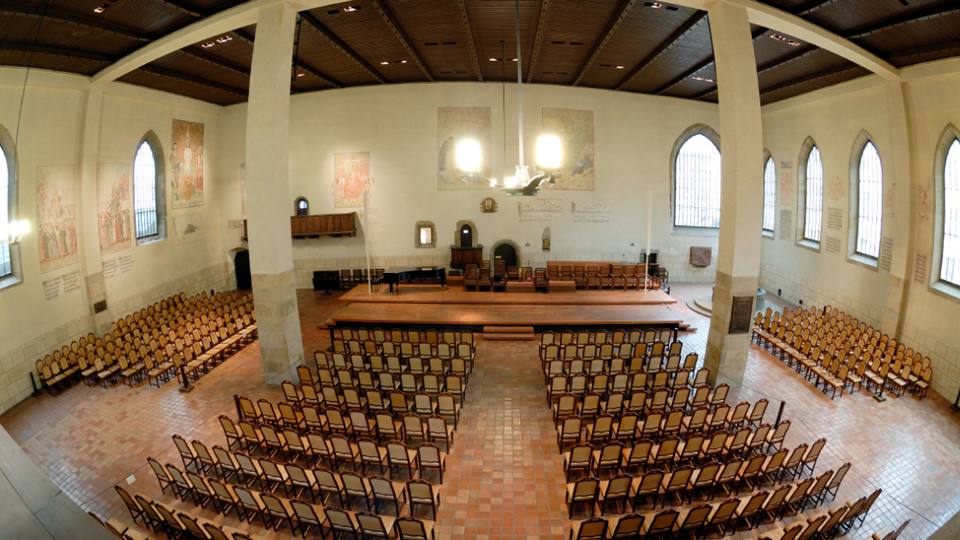
Huss firmly believed that singing is one of the main avenues to worship and praise God. He also believed that good songs can lift up the spirit and turn one’s mind to Christ. Yet he was utterly dismayed at the irreverent way many of the priests and monks sang. He wrote, “Such a singer, grinds his words without using his lips or teeth, and they seem as the sound of a millstone, which thunders out: tr, tr, tr!”
And so with the authority and position he held at Bethlehem Chapel, he started a music reformation that Luther later on, mass-marketed. Much to the dismay of the Roman church, this Bohemian congregation turned things around by doing these things:
Everyone can sing
Every. Single. One. can finally voice their praise to God through song. Not the specially trained singers alone, not the clergy alone, and certainly not the men alone. Finally, women and children were heard in the glad throng of voices singing in adoration and worship to God.
Everyone can understand what was sung
Latin was dispensed and the language of the people was used. Huss and many of those who were able, painstakingly translated the familiar Latin songs so the people can sing with understanding.
Every song appealed to the heart
With every song understood, it immediately touched the heart. It became a viable source of spiritual and emotional outlet for the people. When stirred with the messages that sprung from the pulpit, the congregation would heartily respond in singing. The effect was powerful. Through singing, the core truths were firmly cemented in the mind, not only while in the worship service, but the song became the “take-out” message that the people can bring home with them.
Songs were not meaninglessly chosen either. Huss made sure that the songs were relatable to both learned and simple.
Everyone was given the chance to be educated in music
Outside of the worship service, Huss established a “church-school” in which the people were taught to sing. This did not function as a choir in our day would rehearse. No. It was open to all members of the church with the purpose of making congregational singing sound even better.
In the school, they were taught to appreciate songs of a more pious nature. These songs were scarce, however. And so, it encouraged many others to write new hymns. Huss himself would write several. As soon as they were composed, they were taught to sing the new songs.
The result? A congregational singing that was rich, meaningful, heartfelt and personal.
Still a happy ending
I wish I can tell you that it was all good and everyone lived happily ever after. But the kind of theology that was promoted (which empowered the singing) only stirred hatred in the hearts of the friars, caused chaos and havoc among the Bohemian brethren, and eventually the death of its instigator, John Huss.
There’s more to the story, of course. But I will leave you to read the rest of the story for yourself.
What struck me though is that his death became seed for many other reformers and believers to live. More herecies were exposed. More songs were written and sung. And more people saw the dawn of truth shining in the light of the new day.
And what a legacy he left! Huss did not only give the voice back to the Bohemian brethren. He gave them a reason to sing.
References
Christian History Magazine Editorial Staff. “John Huss: Pre-Reformation Reformer” 131 Christians Everyone Should Know. Nashville, TN: Broadman & Holman Publishers, 2000. Print.
Lutzow, The Count. The Life & Times of Master John Hus. New York: E.P. Dutton & Co, 1909. Print
White, Ellen. “Huss and Jerome.” Great Controversy. Mountain View, CA: Pacific Press Publishing Association, 1911. 97-119. Print.
Wylie, James A. “Birth, Education, and First Labours of Huss.” The History of Protestantism, Vol. 1, Bk. 3 ‘John Huss and the Hussite Wars. Cassell & Company, Limited: London, 1808-1890. Print.
Like this article? Share it!

